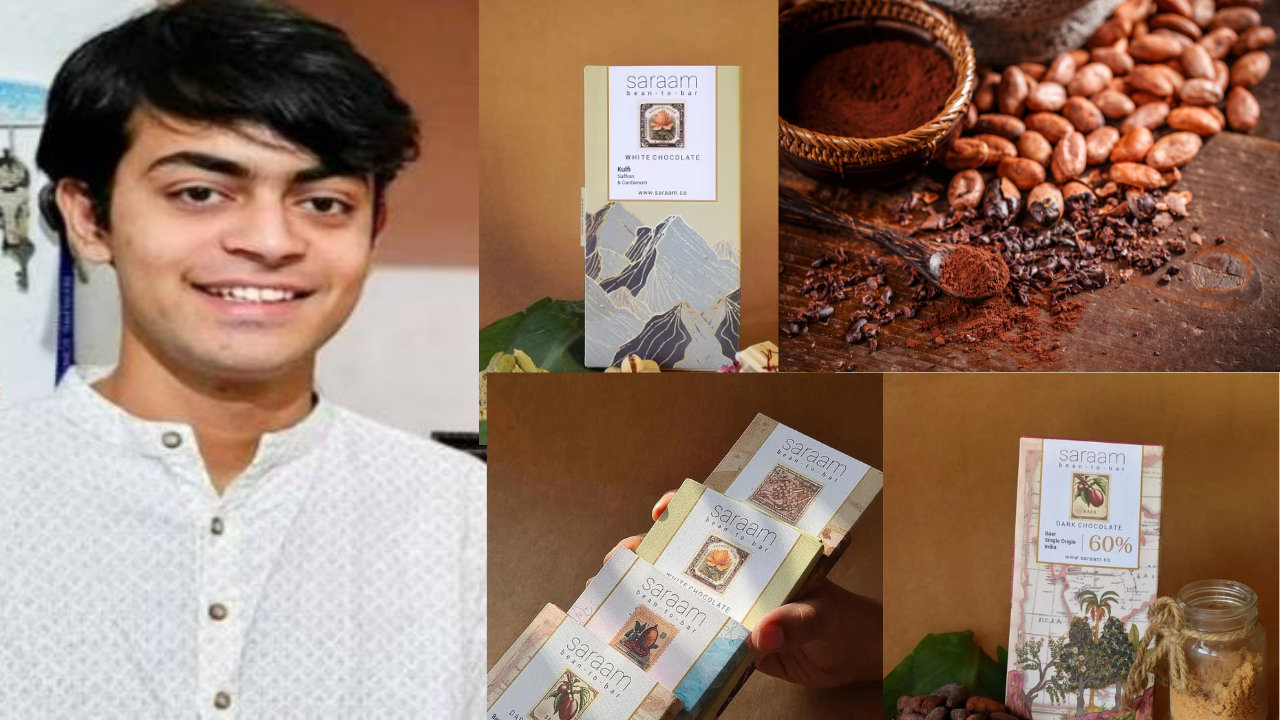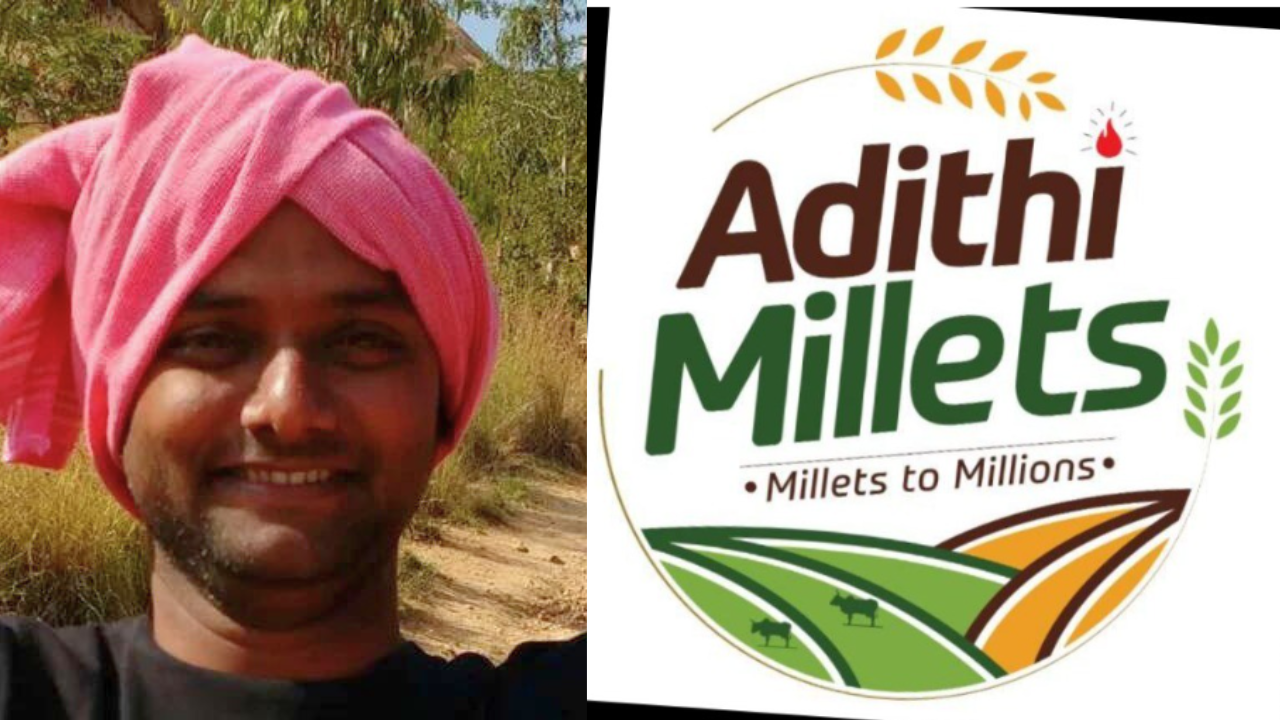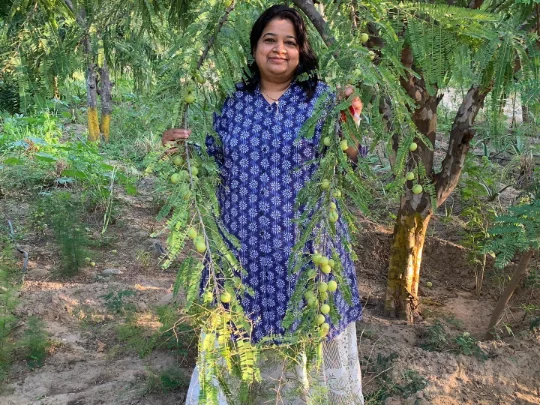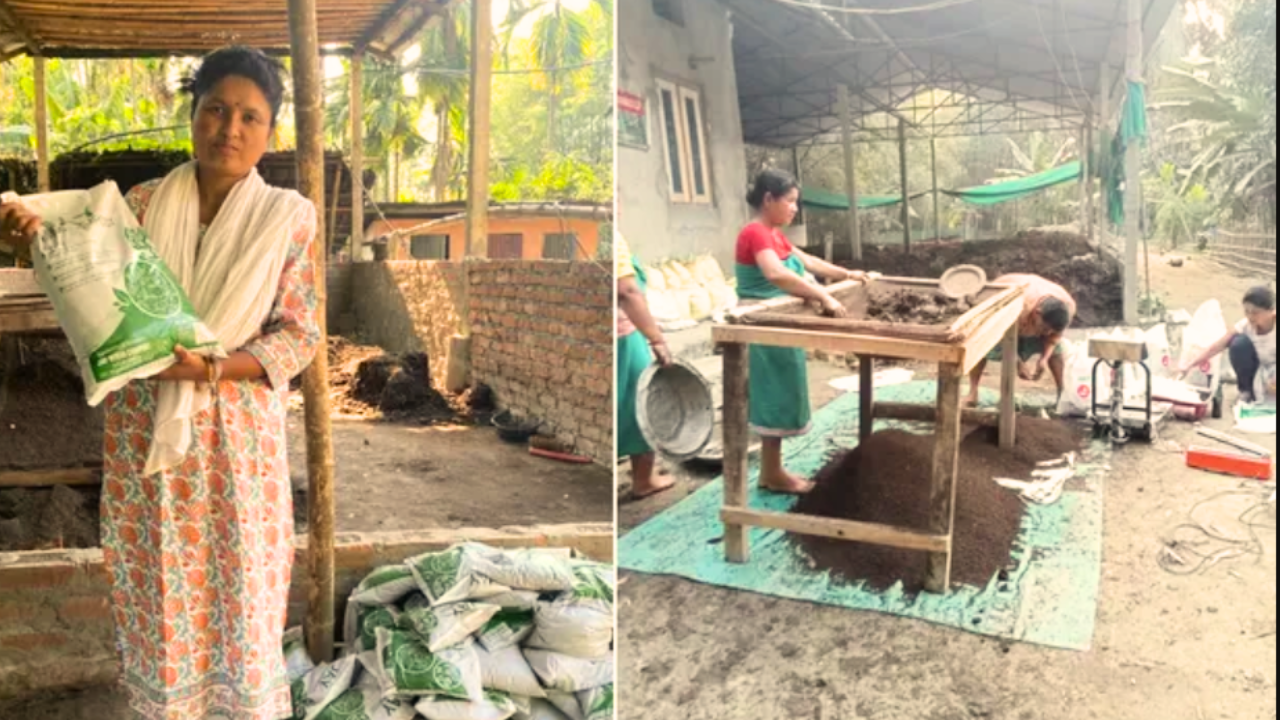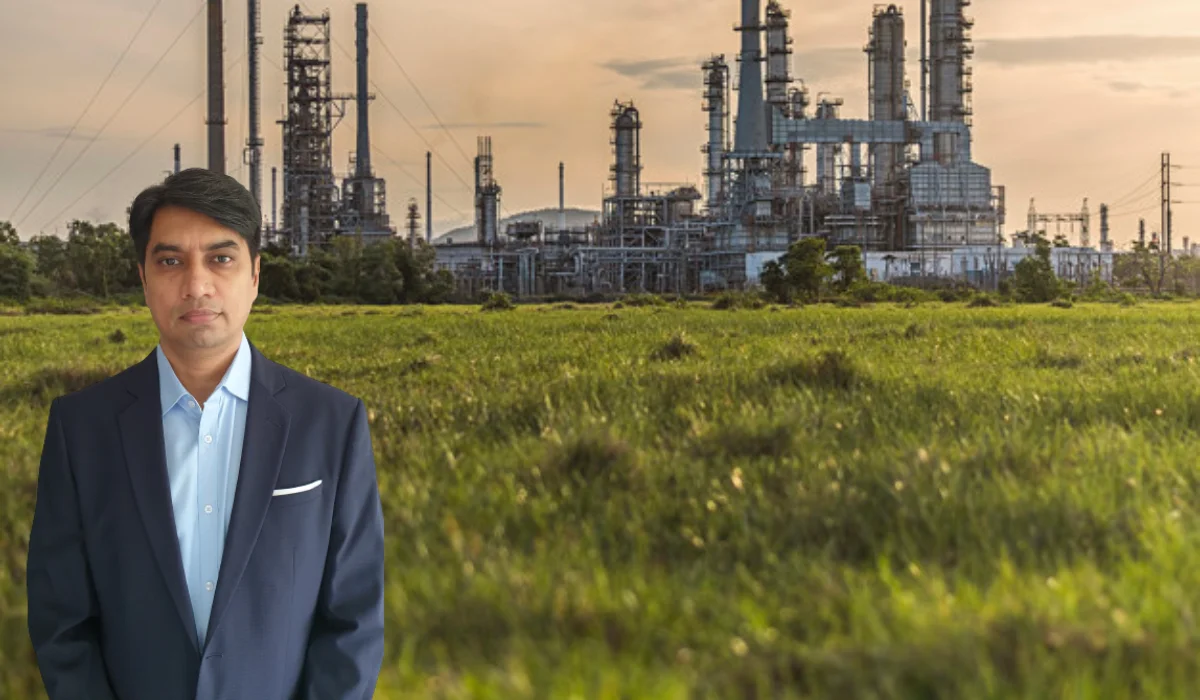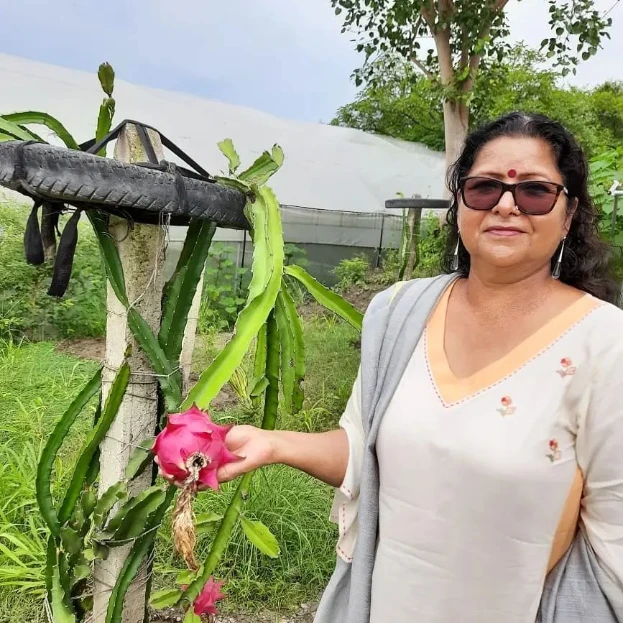Ranjita Saikia Deka didn’t let a major crisis in her 15-year-old business bring her down. Instead, she bravely ventured into a unique form of fish farming. She became a pioneer in Assam by starting a type of fish farming that doesn’t require traditional ponds. She used a technology called Recirculating Aquaculture System (RAS).
According to Ranjita Saikia Deka, “Life has its ups and downs, but it’s important to stay positive because challenges can actually be opportunities.” She shared this positive perspective during a conversation.
From a young age, Ranjita wanted to do something creative and unconventional. In 2005, when the internet was still new, she started educating people about its uses and other modern technologies. She even offered free classes. Eventually, she set up an online shop in the Dhemaji district. “Things were going well until March 2020, when the COVID-19 pandemic hit. We had to close our shop for over a year due to lockdowns, which had a big financial impact,” she explained.
But Ranjita wasn’t content with just one source of income. In 2018, she started exploring aquaponics. “One day, while watching a YouTube video about aquaponics, I got the idea. I was fascinated by the concept of growing organic vegetables and fish together in the same environment.”
Her aquaponics business became very successful. This caught the attention of the Fishery Department, and they asked her to set up a similar project under India’s Blue Revolution Scheme in 2017-18.
Over the past two years, the success of her project has attracted interest from many parts of Assam and beyond. People want to learn about her techniques, but only a few have been able to successfully implement them.
Neeti Deb, the spouse of the ex-Chief Minister of Tripura, Biplab Deb, paid a visit to Ranjita’s farm and showed enthusiasm for initiating a comparable project in her native state.
Ranjita said, “Honestly, I never expected my trial and error methods in aquaponics to become so popular. The success gave me the confidence to make a bigger impact in the fisheries sector. That’s when I decided to explore RAS technology.”
RAS, which stands for Recirculating Aquaculture System, is an advanced method of land-based fish farming. Its goal is to increase fish production using land efficiently. It’s also great for conserving water.
In India, RAS technology was introduced as part of the Blue Revolution scheme in 2015-16.
Setting up these RAS tanks can cost anywhere from Rs 50,000 to Rs 50 lakh. The advantages of RAS technology include requiring less space, fewer workers, and higher production, among other benefits.
Sustainable and healthy fish production
A significant day in Ranjita’s life was September 5, 2020, when she officially began her journey into fish farming using RAS (Recirculating Aquaculture System) technology.
She explains that the fish produced using RAS technology are not only organic but also cost-effective due to requiring less space and labor. This method also benefits water conservation. For instance, while a traditional 100-liter pond might yield 1 kg of fish, the RAS process can produce the same amount of fish in just a 10-liter tank.
Although the RAS system consumes more electricity, Ranjita and her husband Putul Deka are actively working to reduce consumption. They have even applied for solar power as an alternative energy source.
Ranjita currently operates 8 tanks, each measuring 8 meters in length and 5 feet in depth. These tanks can hold up to 6 lakh liters of water. In these tanks, she successfully raises various types of Indian Major Carp (IMC) fish, including Rohu, Catla Catfish (Magur), Fossil Cat (Singhi), Pangas Catfish (Kosh), and Chinese Promophet (Roopchanda).
Her fish, particularly those with high medicinal value, have gained popularity among customers. She mainly targets fish markets in Jagiroad, Sonapur, and Guwahati, selling around 10 kg per day on average. Additionally, she has a loyal customer base and occasionally provides home deliveries in different parts of Guwahati upon request.
Ranjita acknowledges that fish farming using the RAS method is a challenging endeavor. However, she finds immense satisfaction in offering fresh, delicious, and healthy fish to people in an era where many products contain chemicals.
Her ultimate aspiration is to establish an entirely organic fish market near Guwahati, and she patiently awaits the realization of this dream. To help manage the business smoothly with the less labor-intensive RAS technology, she has employed two individuals.
In simpler terms, Ranjita’s journey into fish farming using RAS technology has been marked by a notable day in 2020. This method produces organic and cost-effective fish, using less space and labor while conserving water. Despite higher electricity use, Ranjita and her husband are striving to cut consumption and have even explored solar power options.
With 8 large tanks, she raises various Indian Major Carp fish successfully, which are well-received by customers, especially those with medicinal value. She sells her fish in local markets and occasionally offers home deliveries. Ranjita finds joy in providing chemical-free fish in an age where additives are common.
Her big dream is to establish an organic fish market near Guwahati. To manage her business efficiently, she has hired two employees.
An Exceptional Guide
Tilak Sonowal, one of the two employees working alongside Ranjita, shares, “I’ve had the privilege of working with Ranjita for six years now, and I can’t emphasize enough how much she has positively transformed my life. In the past, I was employed in my hometown, but the income was so meager that I struggled to provide for my young daughter. However, since joining her team, I now have a stable income that significantly improves the quality of life for my entire family.”
“Tilak also expresses, “Ranjita has truly opened up new horizons for me. She’s not just a boss, but a mentor and guide as well. Under her expert direction, I’ve been learning all the intricate details of this modern and advanced approach.”
An Assisting Presence
Ranjita’s has taken the lead in the field and is now known as the go-to solution for fish farming. Her impressive journey is inspiring others to explore this innovative technology.
Anjan Bishaya has expressed his thoughts about Ranjita, saying, “She’s a kind, approachable, and supportive individual who guided us through all the details of the project. She provided me with all the necessary information, which sparked my interest.”
Bishaya further shares that the project’s essential construction is nearly finished, and the full-fledged business will commence soon. He states, “We’re developing the project in the Kallongpar area near Guwahati with 6 tanks, each measuring 5.5 feet.”
Highlighting its potential for the future, he adds, “As available land decreases each day, constructing traditional ponds becomes challenging. This fish production method requires less space, time, and labor, making it a sustainable approach for the well-being of future generations.”
Rezakul Islam, another successful entrepreneur in the Recirculating Aquaculture System (RAS), emphasizes that Ranjita played a significant role in offering support and technical guidance during the farm setup.
Islam cultivates 40 to 45 tons of fish in eight tanks, generating substantial profits for him.
Gradually, the RAS business is spreading across Assam and other states in the Northeastern region.
Ranjita concludes by mentioning, “In 2021, the project’s total turnover was Rs 11.25 lakh, and by June 2022, it had risen to Rs 14.8 lakh. I aim to reach Rs 20 lakh by the end of this year.”


